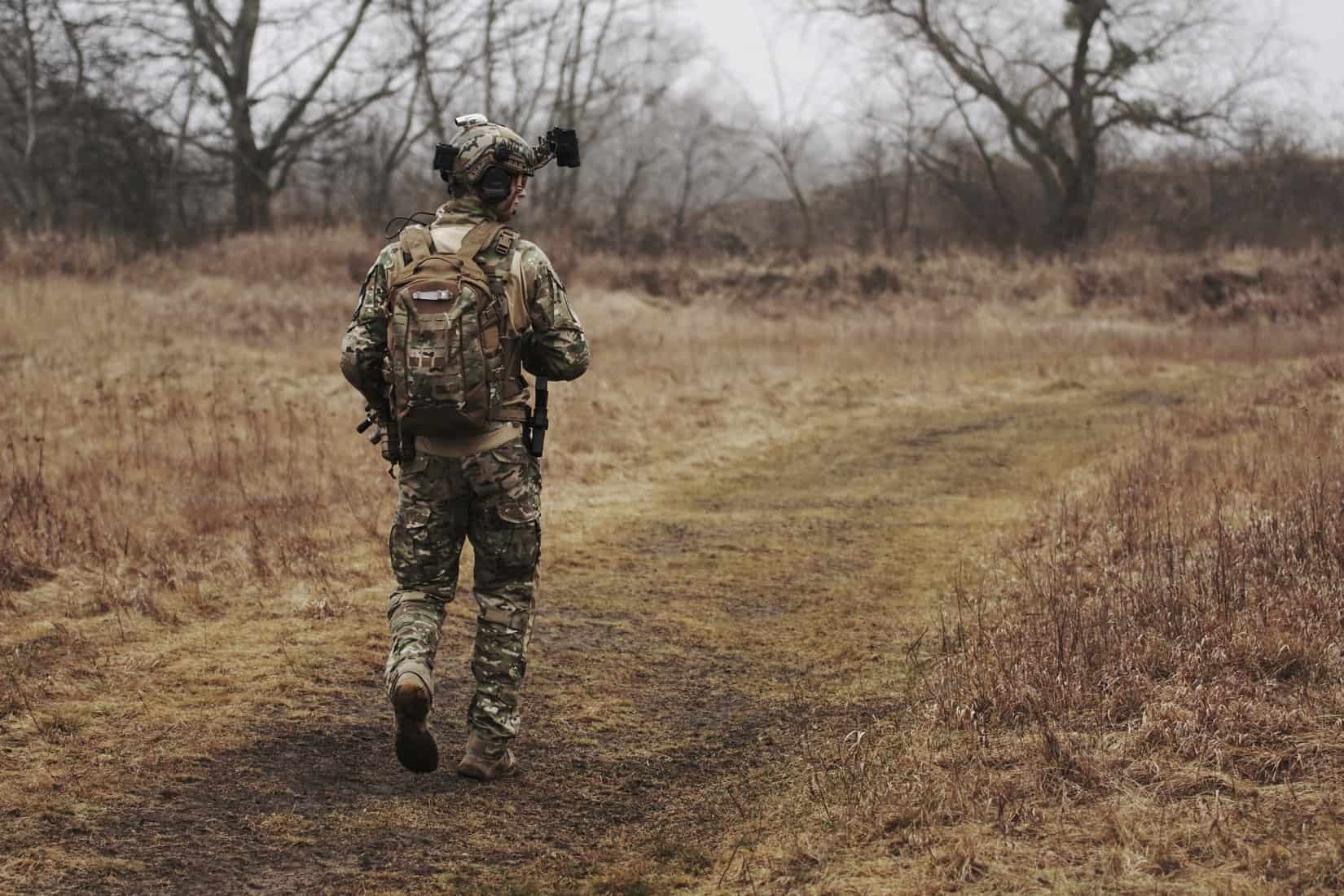Everyone experiences stress and trauma in life, and this is especially true for the people who keep our country safe and sacrifice so much to work in the military. Many veterans have trouble opening up about traumatic experiences, especially because it’s “part of the job”. But even the “toughest” people have long-term effects associated with trauma, even if it’s a part of their everyday life.
PTSD and other trauma-related mental illnesses are genuine challenges that many veterans, especially those who have experienced combat, have to face.
What is PTSD?
Post-Traumatic stress disorder (PTSD) is an anxiety disorder that is common among people who experience trauma. Trauma can come from an accident, combat, or even a medical event. A veteran that suffers post-traumatic stress reacts to stress as if there is a present danger. The person may feel afraid or that they have no control over what’s happening, and that’s when the body cues signals for survival mode. The body goes into “fight or flight” mode, increasing adrenile, causing intense anxiety or panic, or even rage.
Post-traumatic stress disorder is a normal brain reaction to an abnormal experience (trauma). Many people in the military mistakenly believe that if they are mentally “strong” they can avoid the emotional effects of trauma. However, PTSD is not a choice, it’s a reaction.
When faced with stress or memories that remind the brain and body of the trauma, there’s an autopilot stress response. This survival mode may have felt normal when in combat situations, where everything and everyone can be a potential danger to a soldier. But once a service member returns to civilian life, PTSD can get in the way of living a fulfilling life.
Symptoms of Post-Traumatic Stress
PTSD can cause nightmares, anxiety attacks, and flashbacks that make the person feel like the trauma is recurring all over again.
Many people who have PTSD symptoms try to self-medicate to “get over it” or forget, but the brain is a sturdy organ. Even if you don’t remember the traumatic event, the brain still has triggers for the trauma when something reminds you of it.
It can be a difficult for a veteran with post-traumatic stress to return to “normal living.” They may always be hypervigilant or on-guard because this is how they were when living in a combat situation.
Other symptoms of PTSD can include feeling emotionally disconnected or numb, angry outbursts, depression, and sensitive to loud noises.
People with traumatic experiences can have these symptoms without being diagnosed with PTSD, but many people who have experienced significant trauma have some of the symptoms.
Treatment for PTSD includes therapy and sometimes medications.
Asking for help can sometimes be the greatest challenge for those who have served in the military. They have been in a mode where they were the provider for the family. Most people in the military are used to be protectors, putting the safety of others before their own.
Getting Help for Trauma or Substance Use
PTSD is a mental health disorder that many people live with after enduring trauma. We help people with PTSD find ways to manage and cope with their symptoms and begin healing. Self-medicating doesn’t work and can exacerbate mental health problems as well as cause physical problems.
Our treatment is focused on helping our clients build resilience and live their best lives, in a compassionate and therapeutic environment. To learn more about how we can help, give us a call at 949-245-9812. All calls are 100% confidential.

